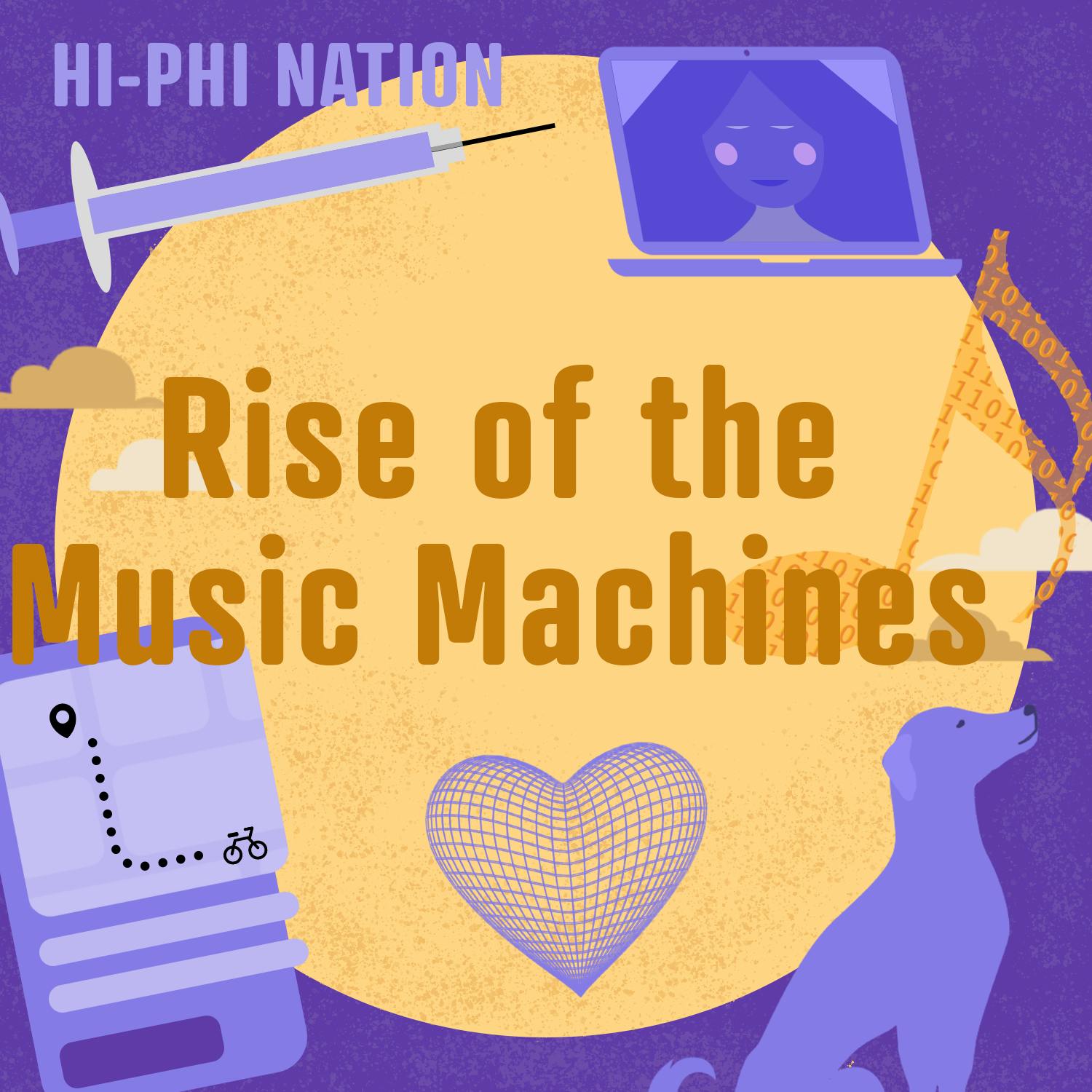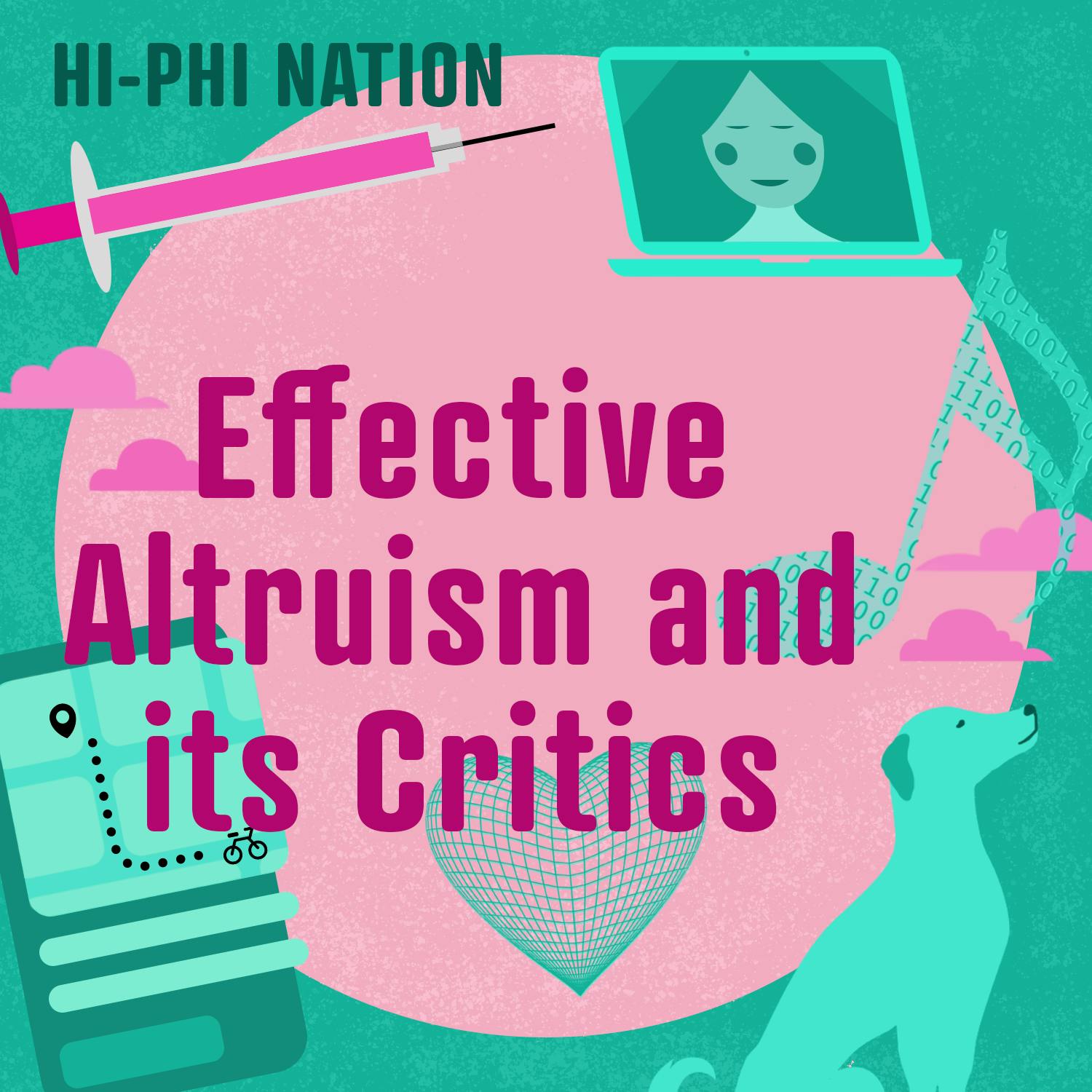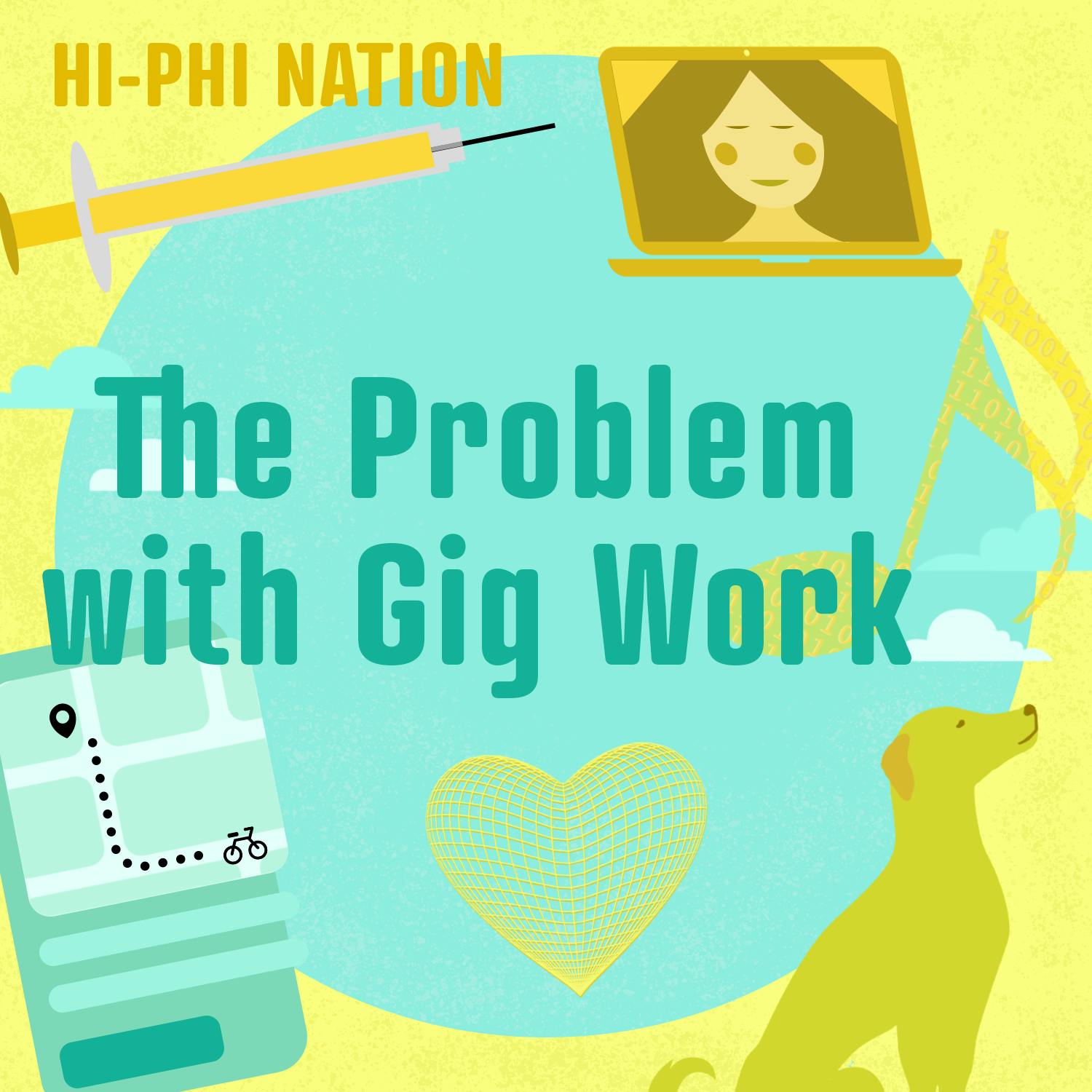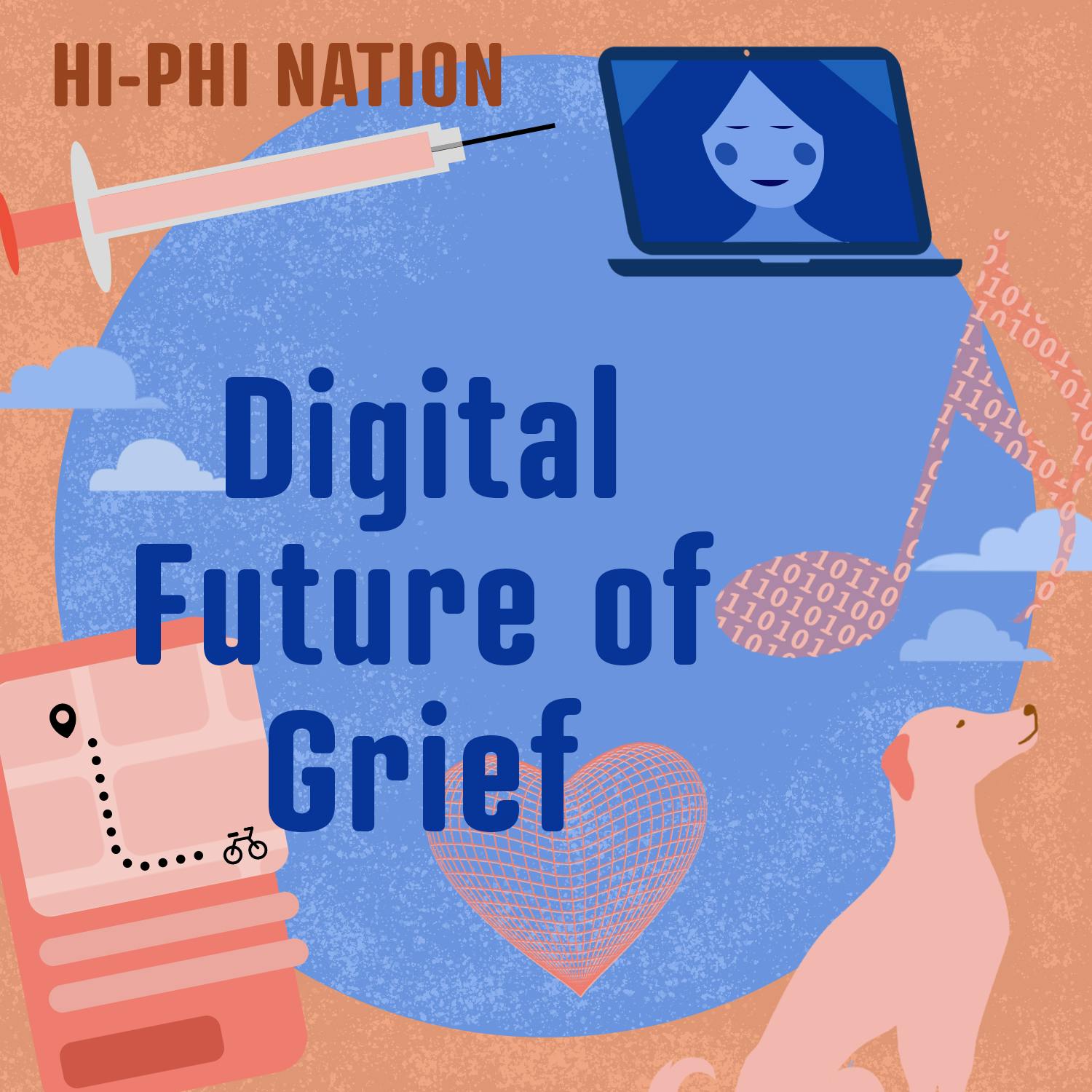Discover Slate Business
Slate Business

466 Episodes
Reverse
In March 1990, a story broke that shocked the nation: George H.W. Bush had banned broccoli from Air Force One. The frenzy that came next would change the fate of a vegetable—and maybe even alter the course of a presidency.
This episode was written by Olivia Briley and Josh Levin, One Year’s editorial director. One Year’s senior producer is Evan Chung.
This episode was produced by Olivia Briley and Kelly Jones.
It was edited by Joel Meyer and Evan Chung.
Derek John is Slate’s executive producer of narrative podcasts.
Merritt Jacob is senior technical director.
Join Slate Plus to get a special behind-the-scenes conversation at the end of our season about how we put together our 1990 stories. Slate Plus members also get to listen to all Slate podcasts without any ads.
Learn more about your ad choices. Visit megaphone.fm/adchoices
A middle-aged single dad in Chicago was outraged by all the cigarette billboards popping up in Black communities. In 1990, he picked up a paint roller and became an anti-tobacco vigilante. And he did it all under a secret identity.
This episode was written by Josh Levin, One Year’s editorial director. One Year’s senior producer is Evan Chung.
This episode was produced by Kelly Jones, Olivia Briley, and Evan Chung. It was edited by Joel Meyer and Derek John, Slate’s executive producer of narrative podcasts.
Merritt Jacob is our senior technical director. We had mixing help from Kevin Bendis.
Join Slate Plus to get a special behind-the-scenes conversation at the end of our season about how we put together our 1990 stories. Slate Plus members also get to listen to all Slate podcasts without any ads.
Learn more about your ad choices. Visit megaphone.fm/adchoices
On this show we explore three different AI and machine-generated music technologies; vocal emulators that allow you to deep fake a singer or rapper’s voice, AI-generated compositions and text-to-music generators like Google Music LM and Open AI’s Jukebox, and musical improvisation technologies. We listen to the variety of music these technologies generate, and two guitarists face off against an AI in improvised guitar solos.
Along the way, we talk to philosophers of music Robin James and Theodore Gracyk about what musical creativity is and whether machines are more or less creative than human musicians, and Barry gives his take on each of the technologies and what they mean for the future of musical creativity.
Learn more about your ad choices. Visit megaphone.fm/adchoices
Curtis is setting aside a large chunk of money to donate to charity, and it is up to us to persuade him where he should donate it. Luckily, philosophers, economists, and the nonprofit world have been thinking a lot about this issue in recent years. On this episode, effective altruism’s defenders and critics try to persuade Curtis of where he should donate. Who is the most effective in persuading an ordinary person as to the right way to donate to charity? And do the recent scandals involving effective altruism’s biggest donor implicate its philosophical foundations?
We start with arguments that you should always try to save the most lives possible, no matter where they are on the planet. We then hear a critic of that view, who argues that local giving can also be a good. We then turn to the view that we should save humans from extinction from threats like pandemics, nuclear war, and AI takeover. And finally, we hear from a critic of that view, who says we should not blow future risks out of proportion.
Guests include philosophers Richard Yetter-Chappell (Miami), Savannah Pearlman (Indiana), Shakeel Hashim (Center for Effective Altruism), and Seth Lazar (Australia National University).
Learn more about your ad choices. Visit megaphone.fm/adchoices
Willy and Heidi were both gig workers for Shipt, the fast-delivery app for groceries or same-day shopping. In 2020, they both realised: the pay algorithm had changed. Now, they couldn’t tell what a job would pay, or whether it would earn or lose them money. Instead of just taking it, they decided to fight back.
In the gig economy, companies like Shipt, Instacart, and UberEats all use black box pay algorithms to try and get workers to accept gigs but hide information from them to do so. Early in the pandemic, a rag tag group of gig workers tried to resist, and found someone at MIT to help them.
Host Barry Lam talks to them about the steps they took, and political philosopher Daniel Halliday (University of Melbourne) talks about the differences between wage labor and freelance labor and why he thinks the biggest gig economy companies are morally suspect. Then, we talk the future of regulation and worker-owned apps and delivery platforms.
Guests include Drew Ambrogi (coworker.org), Dan Calacci (MIT). This is an in-depth, longform version of a story originally done for WNYC studio’s Radiolab in their Gigaverse episode.
Learn more about your ad choices. Visit megaphone.fm/adchoices
When Justin’s mom was diagnosed with cancer, he knew he wanted to keep talking to her after she died. So together they made an AI version of her, training it on her speech patterns and memories. Now he is scaling his findings so that anyone can continue their relationships with loved ones after their deaths. Justin even believes this can one day lead to digital immortality.
Grief experts are only now dealing with bereaved people who create digital versions of their loved ones. We look at what they say about the phenomenon, and what philosophers think about whether the best AI version of a person can actually be them.
Co-produced with Alexandra Salmon, guests include Justin Harrison, CEO of You, Only Virtual, Dr. Mary-Frances O’Connor, and Dr. Debra Bassett.
Learn more about your ad choices. Visit megaphone.fm/adchoices
At the beginning of World War II, the greatest threat to the American war effort wasn’t the Nazis or the Japanese—it was runaway inflation. The man in charge of stopping it was the country’s “price czar,” Leon Henderson. In 1942, he controlled how much coffee ordinary people could drink and how many tires they could buy. Those rules made him a nationwide villain. But would they save the country?
One Year is produced by Evan Chung, Sophie Summergrad, Sam Kim, and Josh Levin.
Derek John is senior supervising producer of narrative podcasts and Merritt Jacob is senior technical director.
Slate Plus members get to hear more about the making of One Year. Get access to extra episodes, listen to the show without any ads, and support One Year by signing up for Slate Plus for just $15 for your first three months.
Learn more about your ad choices. Visit megaphone.fm/adchoices
Five years ago, tech investor Ben Horowitz of Andreessen Horowitz bet our own Felix Salmon a 100-year-old bottle of wine that 10% of Americans would be using Bitcoin to pay for something by now. Ben lost, of course, but he’s ready to double down with a new digital wager! He and partner Chris Dixon discuss the past and present of crypto, blockchain, and AI.
If you enjoy this show, please consider signing up for Slate Plus. Slate Plus members get an ad-free experience across the network and an additional segment of our regular show every week. You’ll also be supporting the work we do here on Slate Money. Sign up now at slate.com/moneyplus to help support our work.
Podcast production by Jared Downing and Cheyna Roth.
Learn more about your ad choices. Visit megaphone.fm/adchoices
How the semi-legalization of marijuana has drawn a road map for legalizing psychedelics—and also provided a list of pitfalls to be avoided.
Guest: Jane C. Hu, science journalist and author of the newsletter The Microdose.
Want more What Next TBD? Subscribe to Slate Plus to access ad-free listening to the whole What Next family and all your favorite Slate podcasts. Subscribe today on Apple Podcasts by clicking “Try Free” at the top of our show page. Sign up now at slate.com/whatnextplus to get access wherever you listen.
Learn more about your ad choices. Visit megaphone.fm/adchoices
This week, Slate Money hacks the mainframe! Washington Post tech writer Shira Ovide joins Felix Salmon, Emily Peck, and Elizabeth Spiers to discuss what’s wrong with America’s internet industry, how YouTube became the media empire no one talks about, and the promise and peril of the AI toothbrush. In the Plus segment: OpenAI is using YouTube to train ChatGPT. Is that legal?
If you enjoy this show, please consider signing up for Slate Plus. Slate Plus members get an ad-free experience across the network and an additional segment of our regular show every week. You’ll also be supporting the work we do here on Slate Money. Sign up now at slate.com/moneyplus to help support our work.
Podcast production by Jared Downing and Cheyna Roth.
Learn more about your ad choices. Visit megaphone.fm/adchoices
Why lately our search engines just don’t seem to deliver results.
Guest: Jason Koebler, cofounder of 404 Media and co-host of the 404 Media Podcast.
Want more What Next TBD? Subscribe to Slate Plus to access ad-free listening to the whole What Next family and all your favorite Slate podcasts. Subscribe today on Apple Podcasts by clicking “Try Free” at the top of our show page. Sign up now at slate.com/whatnextplus to get access wherever you listen.
Learn more about your ad choices. Visit megaphone.fm/adchoices
Magazines have fallen on hard times – especially the weekly news, fashion, and celebrity mags that once dominated newsstands. The revenue from magazine racks has plummeted in recent years, and many magazines have stopped appearing in print or shut down altogether.
And yet, there is something growing in the checkout aisle: one-off publications, each devoted to a single topic, known as “bookazines.” Last year, over 1,200 different bookazines went on sale across the country. They cover topics ranging from Taylor Swift, Star Wars, the Kennedy assassination, K-pop, the British royal family, and as host Willa Paskin recently observed, the career of retired movie star Robert Redford.
In today’s episode, Willa looks behind the racks to investigate this new-ish format. Who is writing, publishing, and reading all these one-off magazines – and why? Is the bookazine a way forward for magazines, or their last gasp?
Voices you’ll hear in this episode include Caragh Donley, longtime magazine journalist turned prolific writer of bookazines; Eric Szegda, executive at bookazine publisher a360 media; and Erik Radvon, comic book creator and bookazine fan.
This episode was produced by Max Freedman and edited by Evan Chung, who produce the show with Katie Shepherd. Derek John is Executive Producer. Merritt Jacob is Senior Technical Director.
If you haven’t yet, please subscribe and rate our feed in Apple Podcasts or wherever you get your podcasts. And even better, tell your friends.
If you’re a fan of the show, please sign up for Slate Plus. Members get to listen to Decoder Ring and all other Slate podcasts without any ads and have total access to Slate’s website. Your support is also crucial to our work. Go to Slate.com/decoderplus to join Slate Plus today.
Learn more about your ad choices. Visit megaphone.fm/adchoices
In response to a spike in child labor violations, some states are strengthening their laws against the practice—while 16 states have weakened laws against child labor. What’s going on?
Guest: Lauren Kaori Gurley, labor reporter for the Washington Post.
Want more What Next? Subscribe to Slate Plus to access ad-free listening to the whole What Next family and across all your favorite Slate podcasts. Subscribe today on Apple Podcasts by clicking “Try Free” at the top of our show page. Sign up now at slate.com/whatnextplus to get access wherever you listen.
Learn more about your ad choices. Visit megaphone.fm/adchoices
The demand for electricity is surging in the U.S. With increasing amounts of power going towards artificial intelligence, manufacturing and electric vehicles, can the grid keep up?
Guest: Evan Halper, business reporter covering the energy transition for the Washington Post
Want more What Next TBD? Subscribe to Slate Plus to access ad-free listening to the whole What Next family and all your favorite Slate podcasts. Subscribe today on Apple Podcasts by clicking “Try Free” at the top of our show page. Sign up now at slate.com/whatnextplus to get access wherever you listen.
Learn more about your ad choices. Visit megaphone.fm/adchoices
This week: Americans are less revved up about EVs. Felix Salmon, Emily Peck, and Elizabeth Spiers discuss if Elon Musk’s mischief has played a role in slowing sales. Also: the crisis in the wine industry, and how a combination investigative publication/hedge fund wants to blow the lid off corporations — while shorting their stock. In the Plus segment: the proxy battle for the future of Disney.
If you enjoy this show, please consider signing up for Slate Plus. Slate Plus members get an ad-free experience across the network and an additional segment of our regular show every week. You’ll also be supporting the work we do here on Slate Money. Sign up now at slate.com/moneyplus to help support our work.
Podcast production by Jared Downing and Cheyna Roth.
Learn more about your ad choices. Visit megaphone.fm/adchoices
Donald Trump got a huge financial boost when Truth Social went public last week—or did he?
Guest: Nitish Pahwa, associate writer on business and tech for Slate.
Want more What Next TBD? Subscribe to Slate Plus to access ad-free listening to the whole What Next family and all your favorite Slate podcasts. Subscribe today on Apple Podcasts by clicking “Try Free” at the top of our show page. Sign up now at slate.com/whatnextplus to get access wherever you listen.
Learn more about your ad choices. Visit megaphone.fm/adchoices
On today’s episode of Hear Me Out: housing the nation.
We have an affordable housing problem — and an affordability problem, period, but that’s another show.
When we talk about solutions to homelessness and cost burden for renters and homeowners alike, many progressives lean toward government intervention… because capitalism seems to have failed us. But has it, really? Or is for-profit development the surprising answer to affordable housing?
Jon McMillan of TF Cornerstone – and author of a chapter in Housing The Nation – joins us.
If you have thoughts you want to share, or an idea for a topic we should tackle, you can email the show: hearmeout@slate.com
Podcast production by Maura Currie.
You can skip all the ads in Hear Me Out by joining Slate Plus! Sign up now at slate.com/hearmeoutplus for just $15 a month for your first three months.
Learn more about your ad choices. Visit megaphone.fm/adchoices
For this edition of Money Talks: Are you feeling trapped in Zoom/Teams/Slack purgatory? Author Cal Newport’s book Slow Productivity: The Lost Art of Accomplishment Without Burnout has a way forward. Host Emily Peck speaks with him about how the digital office became an “invisible factory” and how you can take back control of your working life.
If you enjoy this show, please consider signing up for Slate Plus. Slate Plus members get an ad-free experience across the network and an additional discussion segment for every regular episode of Slate Money. You’ll also be supporting the work we do here on Slate Money. Sign up now at slate.com/moneyplus to help support our work.
Podcast production by Jared Downing and Cheyna Roth.
Learn more about your ad choices. Visit megaphone.fm/adchoices
From science fiction writers to American presidents to Elon Musk, everyone’s eager to send people to Mars. But, even if you could nail the physical aspects, are Earthlings cut out for life on Mars mentally?
Guest: Nathaniel Rich, contributing writer for New York Times magazine.
Kate Greene, author and poet
Want more What Next TBD? Subscribe to Slate Plus to access ad-free listening to the whole What Next family and all your favorite Slate podcasts. Subscribe today on Apple Podcasts by clicking “Try Free” at the top of our show page. Sign up now at slate.com/whatnextplus to get access wherever you listen.
Learn more about your ad choices. Visit megaphone.fm/adchoices
This week: Truth Social is the latest meme stock, and buying it could win favor with a president. Felix Salmon, Emily Peck, and Elizabeth Spiers discuss what Truth Social means for Trump, whether Sam Bankman-Fried’s 25-year sentence is too harsh, and a Visa/Mastercard antitrust settlement that could change credit card fees as we know them. (Platinum holders beware.) In the plus segment: Why a global chocolate shortage is racking the candy industry.
If you enjoy this show, please consider signing up for Slate Plus. Slate Plus members get an ad-free experience across the network and an additional segment of our regular show every week. You’ll also be supporting the work we do here on Slate Money. Sign up now at slate.com/moneyplus to help support our work.
Podcast production by Jared Downing and Cheyna Roth.
Learn more about your ad choices. Visit megaphone.fm/adchoices













I'm waiting for the next episode, when do you release it?
At the time disaster capitalism is murdering people, you should be ashamed of your neoliberal flavor of the month. Be gone.